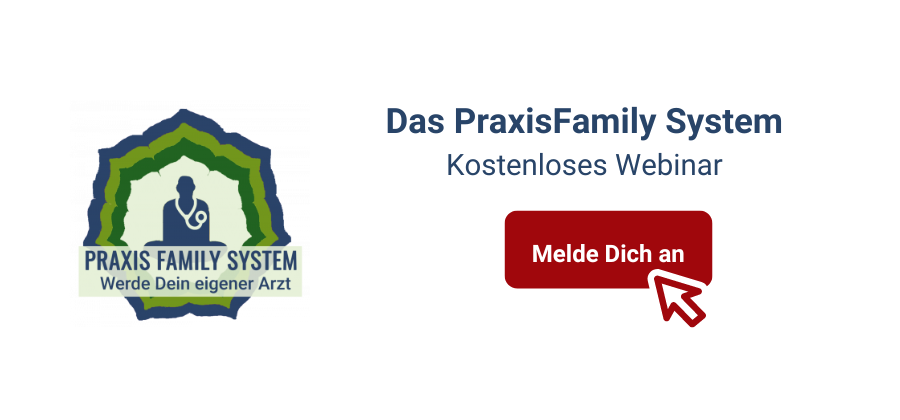Almost everyone knows that iodine makes an important contribution to our health. But what do we actually need iodine for and from which sources can we obtain it in the best possible way? This and other facts, you will learn in this article.
Iodine in the diet
Es ist schwierig, Jod ausschließlich über die Nahrung zu erhalten. Especially in a plant-based diet, as we recommend, iodine is very limited in foods and therefore difficult to absorb.
Nevertheless, iodine is essential for our health and therefore it is important that we supply the body with additional iodine. The body needs iodine for various processes, for example for the function of the thyroid gland. Especially in the case of hypothyroidism, the supply of iodine is essential. In the case of hyperthyroidism, however, especially in the presence of the autoimmune disease Hashimoto, iodine may be contraindicated. This means that additional administration of iodine can accelerate the disease and thus make it worse. In the event of such a condition, be sure to consult with a physician or therapist before taking iodine. In a healthy person, iodine strengthens the immune system, and provides overall detoxification of the body. In addition, iodine supports the formation of enzymes and hormones in the body.
There is an old saying that if you are a therapist and you don’t know what to recommend, recommend iodine. Iodine is an absolute all-round remedy.
Iodine intake
As described above, it is not very easy to take in iodine through the diet. Nevertheless, it is possible. Algae in particular contain a lot of iodine, including dulse, brown or red algae, for example. Spirulina and chlorella, on the other hand, are not particularly suitable, as their iodine concentration is too low. Iodized salt is also not ideal for iodine intake, as it contains only mineral iodine, which can block iodine receptors.
Also suitable are seaweed, sea spaghetti as well as wakame, kombu, arame and kelp. Kelp is also available as a dietary supplement in the form of tablets.
These are all forms and ways to supply the body with iodine and thus bring the iodine balance up to speed. The problem with the supply via algae is that the iodine content occurs in very different concentrations. If a more precise dosage is required, a lugoll’s solution from the pharmacy is recommended. This consists of organic and mineral iodine and is mixed in an optimal ratio. The best solution is the five-percent solution, of which one drop corresponds to exactly five milligrams of iodine.
When taking lugoll’s solution, morning application is suitable. Before use, be sure to check whether you can tolerate the solution. Otherwise, the application can become dangerous if, for example, a job allergy exists. To test compatibility, place a drop of the solution on the skin or take a diluted drop. If there are no reactions, you can increase the intake to the optimal dose without hesitation. For the five percent solution, taking two to three drops daily is ideal to maintain optimal levels of iodine in the body.
The right portion of iodine
The recommended daily dose is 12.5 milligrams for adults. In case of an existing deficiency, a higher dose of up to 50 milligrams per day can also be taken over a short period of time.
This does not correspond to the optimal amount of the WHO recommendation, this is significantly lower, one could almost say too low. The WHO recommendation is 0.5 milligrams per day, which is definitely not enough.
Our experience time that you need much more iodine not to develop a deficiency. It is said that mothers who take iodine daily during pregnancy have children who are about thirty percent more intelligent than those who do not. At the same time, it is known that iodine deficiency during pregnancy can lead to so-called cretinism. These children show a developmental disorder as well as a lack of intelligence.

